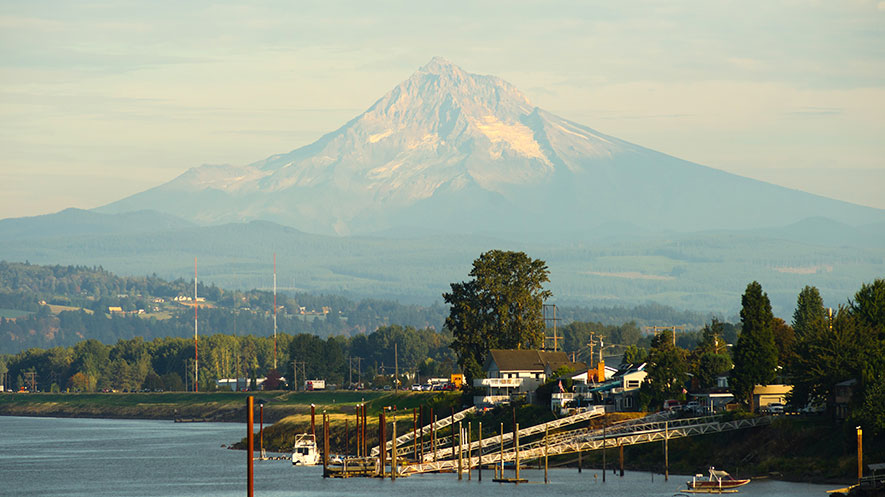According to an article appearing in the Yakima Herald, Yakama Nation leaders traveled to Washington D.C. this week to urge the federal Environmental Protection Agency to improve its plans for cleaning up the Portland Harbor Superfund site.
The Yakama Nation is a federally recognized, confederating Native American tribe living mainly on a reservation on the east side of the Cascade Mountains.
The EPA last month released its $746 million plan for cleaning up a century's worth of industrial pollution that has settled in the soil along a 10-mile stretch of the Willamette River. But Yakama Nation Superfund Project Coordinator Rose Longoria said that the plan doesn’t do enough to ensure fish caught in the area will be safe to eat.
“The EPA estimates their plan will take another 30 years and (the river) will still have fish advisories,” she said in a phone interview. “Under the plan, there will never be a safe amount of fish for breast-feeding mothers to consume.”
The plan calls for dredging and covering of toxic sediment on more than 200 acres, but largely relies on natural processes — such as microorganisms breaking down toxins and river flows flushing toxins downstream — over the coming decades to clear pollution for much of the affected area. That doesn’t sit well with the Yakama officials who met with EPA Administrator Gina McCarthy on July 25, 2016.
“Their proposal simply relies too much on natural recovery and as such is not a solution to protect a healthy fishery,” said Delano Salsukin, Vice-Chairman of Yakama Tribal Council, in a statement. “It will result in more contaminants traveling downstream to the Columbia River.”
EPA officials have called the plan a balanced and cost-effective approach to cleaning up the area. More aggressive options the agency considered would cost billions. By targeting the most polluted areas for dredging, the health risks from contamination will drop dramatically according to the EPA’s plan.
The Yakama Nation’s 1855 treaty protects tribal members rights to fish in all usual and accustomed places, which includes the Willamette River. Tribal members still travel there today to harvest lamprey.





